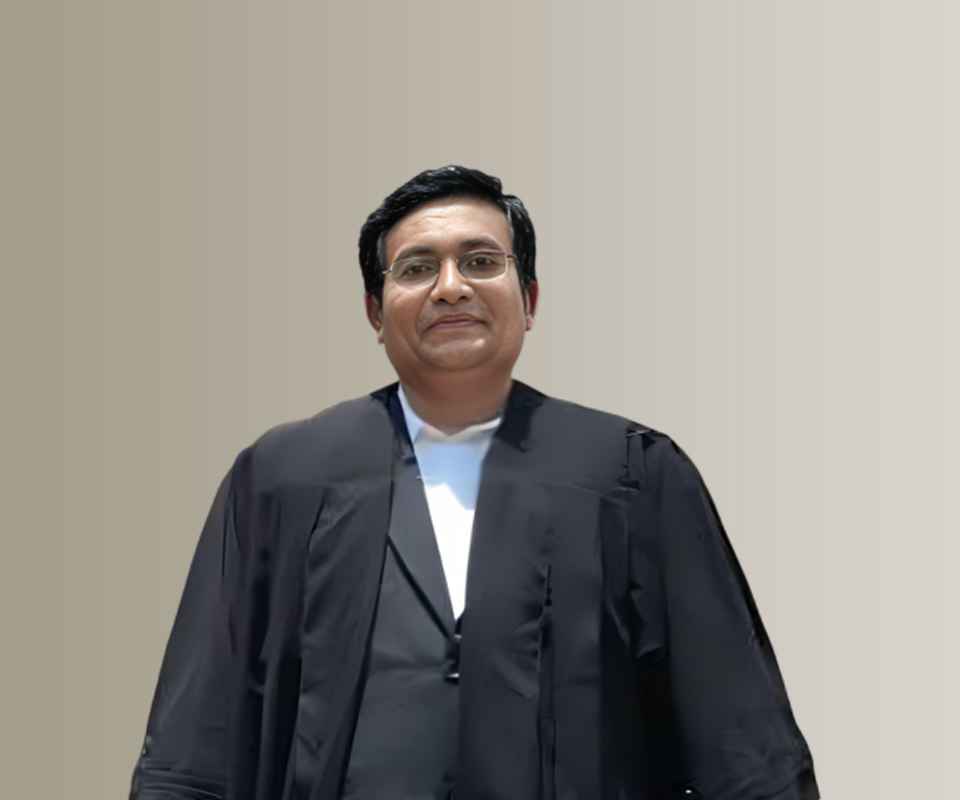Answer By law4u team
Yes, a succession certificate can be challenged in court under Indian law. Here are key points to understand: The succession certificate is not final or conclusive proof of ownership. It is only a legal document that authorizes a person to collect debts and securities on behalf of legal heirs of a deceased person. Legal Basis: Under the Indian Succession Act, 1925, particularly Sections 370–381, a succession certificate is issued by a civil court when someone dies intestate (without a will), to deal with debts and securities. Grounds on which a succession certificate can be challenged: Fraud or Misrepresentation: If it was obtained through suppression of facts, forged documents, or fraudulent claims. Improper Jurisdiction: If the certificate was issued by a court that didn’t have the proper jurisdiction. Non-disclosure of Legal Heirs: If all legal heirs were not informed or their rights were not considered. Existence of a Will: If a valid will is discovered later, it overrides the basis of intestate succession. Disputed Title: The certificate does not determine ownership. If ownership or title is in dispute, a separate civil suit must be filed. How to challenge: You can file an appeal against the grant of the certificate (within limitation period) under Section 384 of the Indian Succession Act. Alternatively, if the certificate was obtained by fraud, you may approach the same or a higher court to revoke it under Section 383. Important Note: A succession certificate does not determine rights to the property or inheritance permanently. For full ownership claims, a civil suit for declaration or partition may still be necessary.









